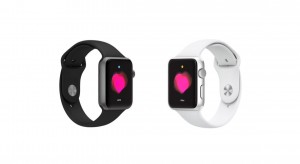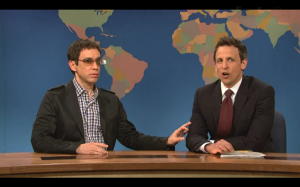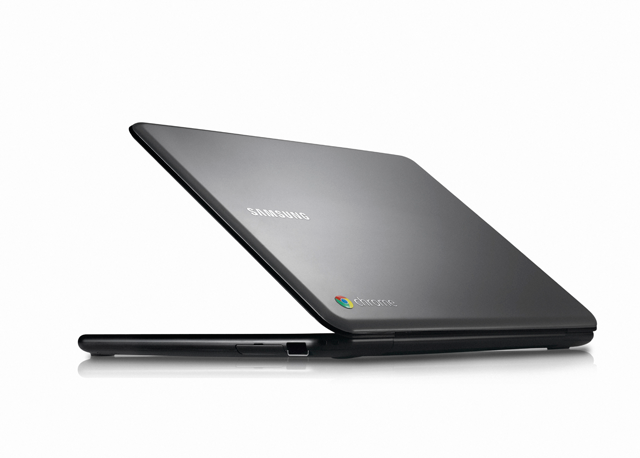 As one of the most innovative and profitable companies on the planet, Apple makes headlines when it makes announcements. This week Apple announced several important new products, each of which represents trends in a fast changing industry. Larger iPhones bridge the gap between smart phones and tablets. A mobile payments system designed to bypasses credit cards and protect privacy and security of users. And Apple’s long-awaited entry into the wearable computer market that has humbled several other companies. Technology writer Steven Levy’s thought-provoking piece for Medium suggests that the Apple watch may signal the beginning of a new, much more intimate type of interface between humans and their digital devices.
As one of the most innovative and profitable companies on the planet, Apple makes headlines when it makes announcements. This week Apple announced several important new products, each of which represents trends in a fast changing industry. Larger iPhones bridge the gap between smart phones and tablets. A mobile payments system designed to bypasses credit cards and protect privacy and security of users. And Apple’s long-awaited entry into the wearable computer market that has humbled several other companies. Technology writer Steven Levy’s thought-provoking piece for Medium suggests that the Apple watch may signal the beginning of a new, much more intimate type of interface between humans and their digital devices.
Category: 1.3 Computers Today: A Brief Taxonomy
 When Apple released the iPhone, the world changed. People were carrying powerful computers in their pockets and purses. Developers released a bevy of creative apps to harness that always-available computing power. Today it’s hard to imagine a world without smart phones. Could Google Glass, the wear-on-your-face computer from Google, be the beginning of the next revolution in personal computing? This short NPR story explains how early adopters plan to use their prototype high-tech specs.
When Apple released the iPhone, the world changed. People were carrying powerful computers in their pockets and purses. Developers released a bevy of creative apps to harness that always-available computing power. Today it’s hard to imagine a world without smart phones. Could Google Glass, the wear-on-your-face computer from Google, be the beginning of the next revolution in personal computing? This short NPR story explains how early adopters plan to use their prototype high-tech specs.
npr.org/blogs/alltechconsidered/2013/04/17/177557810/Seeing-The-World-Through-Google-Colored-Glasses
Of course, not everyone views Google Glass through such rose-colored lenses. This Saturday Night Live skit mocks the idea that Google Glass can be used discreetly; other detractors question our need to become even more dependent on our technology.
mashable.com/2013/05/05/snl-google-glass-parody/
The balance of power is shifting westward in the high-stakes competition for the most powerful computer in the world. The latest US champ is based in part on technology pioneered in the gaming industry. Like most supercomputers, this one will be used to produce ever-more-accurate simulations for scientific research and engineering applications.
money.cnn.com/2012/10/29/technology/innovation/titan-supercomputer/
Microsoft will soon offer two new versions of its ubiquitous Windows operating system. Windows 8 is designed to replace Windows 7 as the flagship PC OS. Windows RT will run mostly on Microsoft’s new Surface and other tablet devices. This CNET article gives an overview of the two OSs and how they fit into a world where the line between tablets and laptops is blurred by all kinds of hybrid devices.
reviews.cnet.com/8301-33642_7-57536310-292/windows-8-buying-guide/
wired.com/gadgetlab/2012/06/opinion-apple-retina-displa
Apple’s latest laptop announcements offer consumers a clear choice. According to this Wired opinion piece, consumers will be choosing between cool and green, and the choices they make may have profound environmental implications.
www.thedailybeast.com/newsweek/2011/11/27/in-race-for-fastest-supercomputer-china-outpaces-u-s.html
For decades the fastest computers in the world were all American. Not anymore. In this short Newsweek article, Daniel Lyons describes the state of the great supercomputer race between China and the USA—and the high stakes of that race.
Wrist communicators were popular in science fiction and comic strips decades ago. Are they going to take off in the real world soon? This Fast Company article speculates about what might happen when a wrist watch connects to a smart phone. Is this the next small thing?

http://www.wired.com/gadgetlab/2011/05/google-debuts-chromebook-the-web-only-laptop